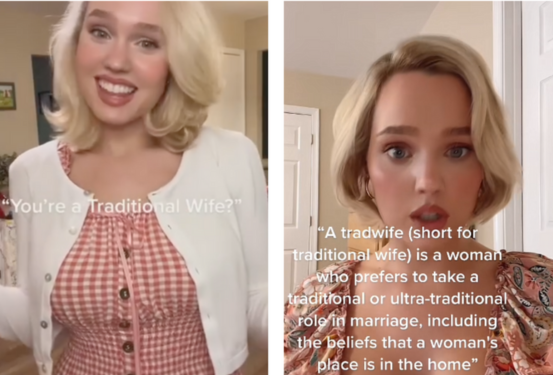To argue for or against. To refute, to testify. To admit guilt or defend innocence. The Public Hearings online festival approaches women’s rights issues through a lens of artistic research practices. Co-curated by Annett Busch and Marie-Hélène Gutberlet in collaboration with the Goethe-Institut Johannesburg, the festival was prompted by a research trip to South Africa. Busch describes how, “in South Africa we were interested in this question of law and equality” from the perspective of South Africa as well as its neighbouring countries. The initial vision of the project had to respond to the constraints of COVID-19 and be reimagined online. In rejecting the global phenomena of the talking-heads-zoom-conference, Public Hearings opted for a more layered approach, including mixtapes, archival material, recited letters and a visual exhibition.
Busch notes that the intention for the project was for it to “unfold over time” like a “tapestry that is full of different readings which come from different moments in history”. Louise Mutabazi’s reading of Bessie Head’s Letter from South Africa, is one such iteration in which the past is echoed through the present. As a meditation on loneliness and isolation, its contemporary relevance is uncanny. For Busch it was important to “revisit certain moments of history, to go into archival material from a non-historical perspective” and to invite practitioners from various disciplines to respond to material. Similarly relevant is Naadira Patel’s video piece, hope this finds you well, 2020. As a visual exploration of popularised phrases ubiquitous with post-pandemic correspondence, things like “I’m sorry, I was muted all this time”, references to virtual activism and even the sourdough sensation flicker across the screen. The piece captures the perpetual anxiety associated with being inundated with digital messaging during these uncertain times.
One is invited to meander between archival material and contemporary responses across the site. Prison Drawings, offers another historical link to the past, where South African apartheid activist Fatima Meer’s drawings are exhibited on video. The images chronicle her time while incarcerated following the June 16th Soweto Uprising in 1976. These are overlaid with a sensitive narration by her daughter, Yasmin Shehnaz Meer. Thematic undertones of isolation resurface, ringing through the bars of confinement. Although at times seemingly disparate, the assemblage of residual elements of Public Hearings are connected through a web of creative expression. These individual aspects begin to be read in relation to one another. Busch describes how, “we always have different thematic and methodological layers where we question what it means to search and research”. Despite not being historians or lawyers, the curators are able to actively borrow from intersecting disciplines while inviting practitioners to participate.



















































